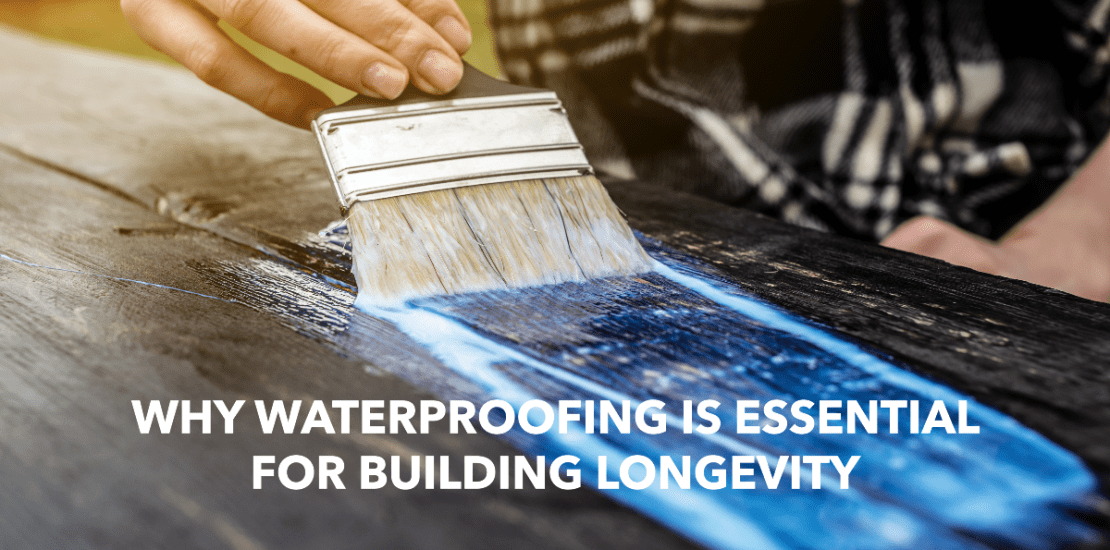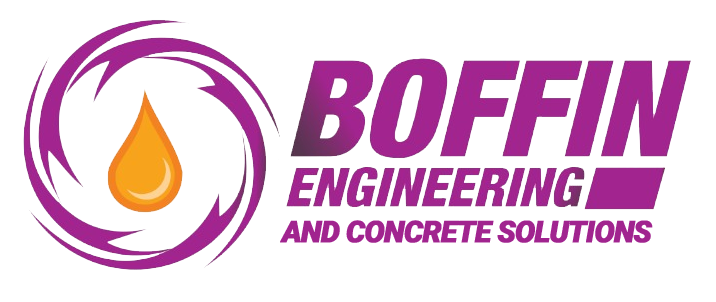- July 22, 2024
- Posted by: boffin
- Category: Construction

Waterproofing is often an overlooked aspect of building maintenance and construction, but its importance cannot be overstated. The longevity of any building, whether residential or commercial, heavily depends on effective waterproofing measures. Here’s why waterproofing is essential for ensuring your building stands the test of time.
1. Prevention of Structural Damage
Water is a building’s worst enemy. When water infiltrates a building’s structure, it can cause a host of issues, including the deterioration of concrete, steel, and wood. Over time, this can compromise the structural integrity of the building, leading to costly repairs or even catastrophic failures. Waterproofing acts as the first line of defence, preventing water from penetrating walls, foundations, and roofs, thereby preserving the building’s structural integrity.
2. Mold and Mildew Prevention
One of the most common problems associated with water intrusion is the growth of mould and mildew. These fungi thrive in damp environments and can spread quickly, causing not only structural damage but also health problems for occupants. Mold spores can trigger allergies, asthma, and other respiratory issues. Waterproofing helps keep the interior of your building dry, significantly reducing the risk of mould and mildew growth.
3. Improved Indoor Air Quality
Waterproofing not only keeps water out but also helps to maintain a consistent humidity level inside the building. Excess moisture can lead to poor indoor air quality, which can affect the health and comfort of the occupants. By preventing water ingress, waterproofing contributes to a healthier indoor environment, ensuring good air quality and a comfortable living or working space.
4. Energy Efficiency
A building that is properly waterproofed is also more energy-efficient. Moisture can lead to increased humidity levels inside the building, causing heating, ventilation, and air conditioning (HVAC) systems to work harder to maintain a comfortable temperature. This results in higher energy consumption and increased utility bills. Effective waterproofing keeps moisture out, helping to regulate indoor temperatures and reduce the load on HVAC systems, thereby enhancing energy efficiency.
5. Preservation of Aesthetic Appeal
Water stains, efflorescence, and damp patches can significantly detract from a building’s aesthetic appeal. These unsightly issues can give the impression of neglect and poor maintenance, affecting property values and the overall impression of the building. Waterproofing protects the building’s exterior and interior finishes, preserving its appearance and value over time.
6. Protection Against Costly Repairs
Water damage can lead to expensive repairs, whether it’s replacing rotting wood, repairing crumbling concrete, or dealing with mould remediation. The cost of these repairs can far exceed the initial investment in proper waterproofing. By preventing water intrusion in the first place, waterproofing saves building owners significant amounts of money in the long run.
7. Extending the Lifespan of Building Materials
Building materials such as concrete, wood, and metal can degrade quickly when exposed to water. Waterproofing extends the lifespan of these materials by protecting them from the harmful effects of water. This means that the overall lifespan of the building is extended, providing a better return on investment for building owners.
Conclusion
Waterproofing is not just an optional enhancement; it is a fundamental requirement for ensuring the longevity and durability of any building. By preventing structural damage, improving indoor air quality, enhancing energy efficiency, preserving aesthetic appeal, and protecting against costly repairs, waterproofing plays a crucial role in maintaining the health and value of a building. Investing in high-quality waterproofing solutions today can save building owners a great deal of time, money, and stress in the future, ensuring that their buildings remain safe, comfortable, and structurally sound for many years to come.
